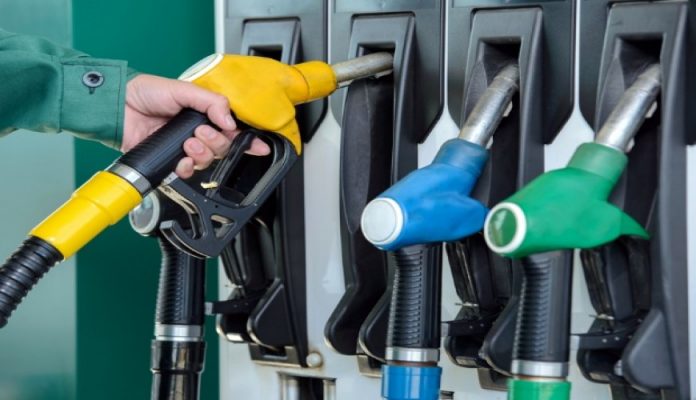ISLAMABAD: The Supreme Court on Sunday ordered a thorough analysis of the petroleum products import mechanism in the country by examining that the prices at which they reached end-consumers were true and not doubtful due to the involvement of hidden commission and kickbacks.
And in order to realise the objective, a three-judge SC bench headed by Chief Justice of Pakistan (CJP) Mian Saqib Nisar ordered Attorney General Khalid Jawed Khan, the managing director of the Pakistan State Oil (PSO) and chairperson of the Oil and Gas Regulatory Authority (Ogra) Uzma Adil Khan to get in touch with the experts on oil pricing and renowned chartered accountants for forensic audit of prices.
“I do not see transparency in the outsourcing for importing oil and the third party companies have been created to dole out benefits,” observed the CJP. “We have created disable institutions in the country. This is a curse of God on us,” he said.
The Supreme Court sat on a weekly holiday to take up a suo moto case relating to exorbitant/unreasonable tax, cess, duty, and fee on petroleum products.
A day ahead of the hearing, the caretaker government in a late-night decision had reduced the prices of petroleum products.
The CJP acknowledged the move but stated that the relief had been given only because of the pressure of the apex court to protect people from unreasonable taxes.
When asked how the prices had been reduced, the attorney general said the government had done away with sales tax imposed on petroleum products.
“We have to create a balance between affairs of the state and also taking care of the interest of the citizens in a way that they should know why they were paying taxes heavily,” the CJP observed.
The caretaker government had on July 1 increased the prices of petrol by Rs7.54 to Rs99.50 per litre, diesel by Rs14 to Rs119.3 and kerosene by Rs3.36 to Rs87.7, besides raising the rates of other petroleum products.
The hike in prices had caused quite a furore among the general public and the apex court had to take up the matter.
The federal cabinet had on Saturday late night reduced the prices of petrol by Rs4.26 per litre to Rs95.24 from Rs99.5 and high-speed diesel by Rs6.37 to Rs112.94 from Rs119.31.
The Supreme Court also directed the federal government and the Federal Board of Revenue (FBR) to justify the imposition of different taxes on petroleum products. The court also sought an explanation from the government whether a three percent dealership margin was justified and not done in a whimsical manner.
Ogra is required to produce before the court the monitoring and inspection record proving that oil being sold to end-consumers was of good quality and that the measurement instruments at different pumps were not defective.
The court will take up the case on July 14.
During the hearing, the court was informed that the country imported low-quality petroleum products at high prices through different importers.
The court ordered the attorney general to furnish a complete profile of the PSO managing director highlighting that his appointment was in accordance with the law as well as details of his salary and perks and privileges.
The attorney general suggested a comparison of oil prices in Pakistan with Sri Lanka and some other countries in the region to figure out the actual landed cost of petroleum products.
Uzma Adil informed the court that Ogra always compared the prices with Platts Oilgram that included the determination of ocean losses, etc, while distribution margin was approved by the Council of Common Interests.
She suggested a forensic audit of oil import mechanism from a credible chartered accountant and said that Ogra did not issue a licence to import oil but to set up oil marketing company.




